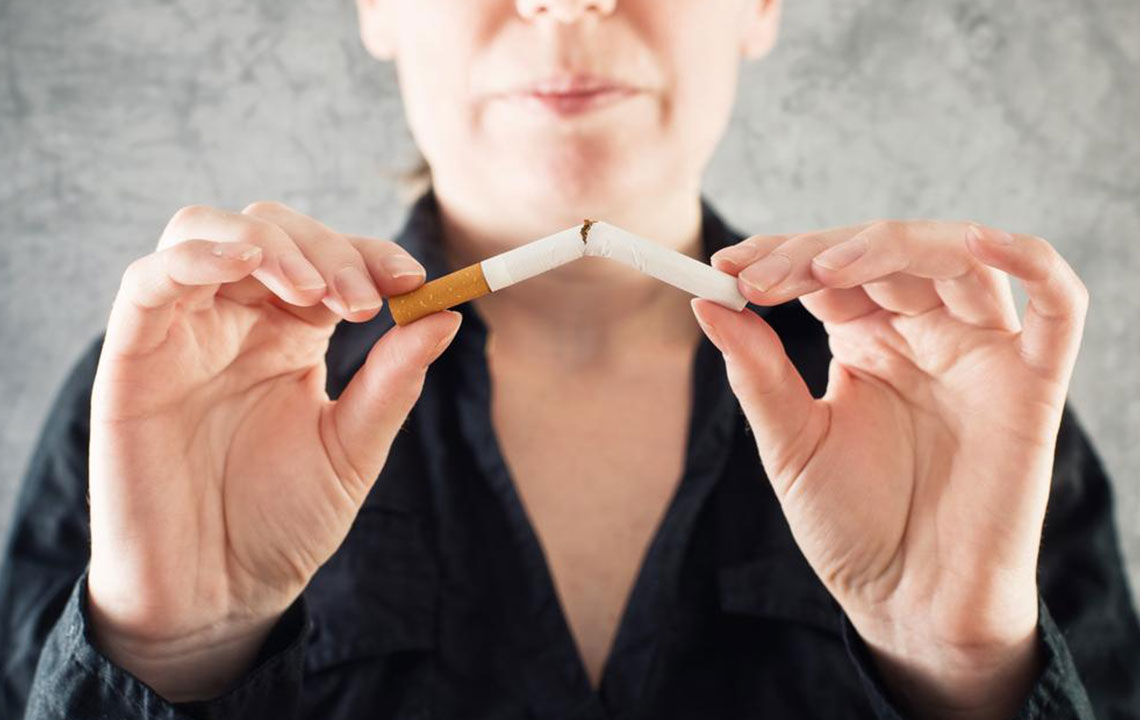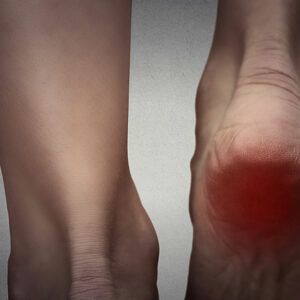The need to quit smoking

A cigarette is not only a tobacco filled cigarette, it also has over 600 ingredients in it. When lit up, it releases more than 7000 chemicals and over 69 of them are poisonous and cancerous. With the amount of chemicals in a single cigarette, governments are taking measures to make the public aware of the dangers of and why they should quit smoking products. There are many harmful chemicals that have been found to be a part of tobacco and cigarettes. They are listed below:
Acetone – found in nail polish remover
Acetic Acid – an ingredient in hair dye
Ammonia – a common household cleaner
Arsenic – used in rat poison
Benzene – found in rubber cement
Butane – used in lighter fluid
Cadmium – active component in battery acid
Carbon Monoxide – released in car exhaust fumes
Formaldehyde – embalming fluid
Hexamine – found in barbecue lighter fluid
Lead – used in batteries
Naphthalene – an ingredient in mothballs
Methanol – a main component in rocket fuel
Nicotine – used as insecticide
Tar – material for paving roads
Toluene – used to manufacture paint
Health benefits obtained when you quit smoking
- Lowers risk for various types of cancer.
- Not smoking reduces the risk of heart disease, stroke, and peripheral vascular disease (narrowing of the blood vessels outside the heart).
- Treatments available to quit smoking helps gums and the overall oral health improves. When you quit smoking products, cardiovascular and respiratory strength and the overall health improves. When you quit smoking, it reduces the risk of heart disease within 1 to 2 years of quitting. It also reduces respiratory problems like coughing, wheezing, and shortness of breath comparatively. It also reduces the risk of developing lung diseases (such as a chronic obstructive pulmonary disease called COPD, one of the major causes of death in the US).
- By quitting smoking products, the risk of infertility in women [childbearing age] is reduced. Women who stop during pregnancy also reduce the risk of facing complications when giving birth.
Treatments and ways to quit smoking
Most former smokers quit without using one of the ways and treatments to quit smoking. Following treatments are proven to help quit smoking:
- Getting help from a doctor
- Counseling: Individual, group, or via telephone
- Behavioral therapies: To train the mind to solve problems
- Personal counseling
- Deliver treatments using mobile phones
- Effective medications for quitting smoking include nicotine replacement products, nicotine patch, gum (one of the treatments to quit smoking that helps gums), and lozenges. Prescription nicotine patch, inhaler, nasal spray, non-nicotine medications are other popular treatments to quit smoking.



